
NNSA partners with National Laboratories and universities to introduce engineering students to the field of international safeguards. Safeguards ensure that nuclear material and facilities are not used to illicitly manufacture nuclear weapons.
Jill Hruby was sworn in by U.S. Secretary of Energy Jennifer M. Granholm as the Department of Energy’s Under Secretary for Nuclear Security and Administrator of the National Nuclear Security Administration.
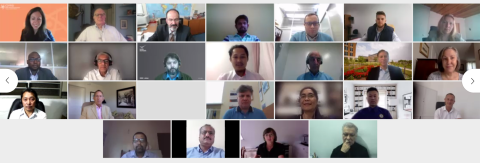
NNSA and its counterparts in France and Germany virtually hosted over 200 people from across the world in June to discuss and share about transitioning to alternative technologies that reduce global reliance on high-activity radioactive sources.
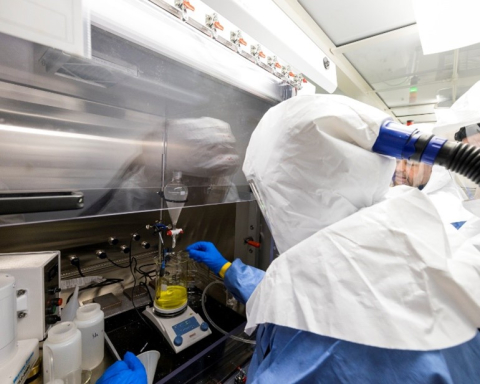
NNSA is responsible for removing and/or securing high-risk radioactive materials around the world that pose a potential threat. To support that mission, it developed mobile facilities to process and secure highly enriched uranium and plutonium.
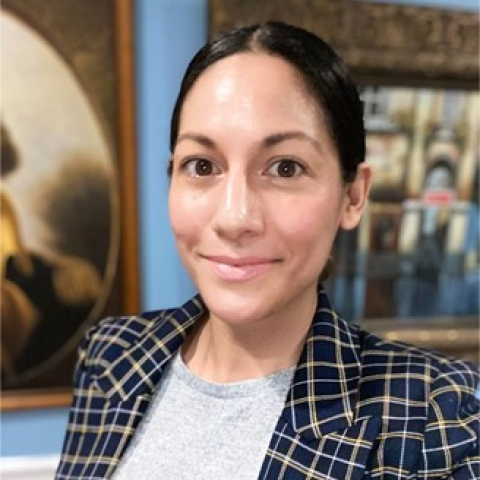
Preventing the proliferation of nuclear weapons around the world and averting the use of radioactive materials by domestic and international criminal elements are major NNSA missions that Paloma Richard has contributed to since joining the agency in 2010.
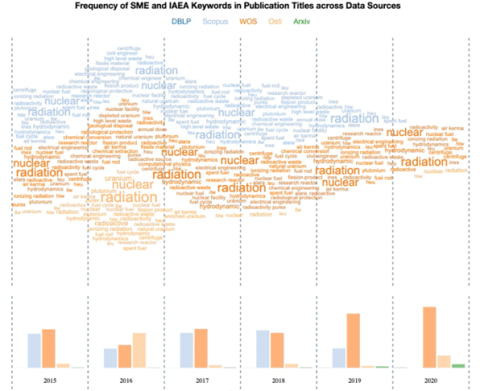
Four researchers share their cutting-edge work in AI for national security.
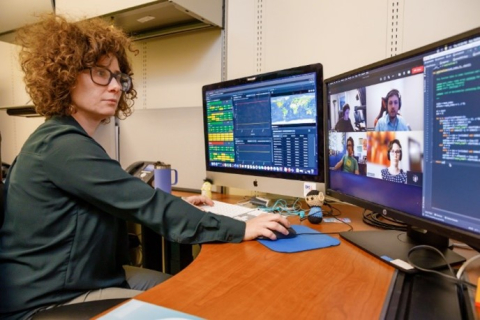
NNSA experts have been making advances in support of international nuclear explosion monitoring and verification. At Sandia National Laboratories in New Mexico, two projects have recently made significant contributions toward this effort.

The National Nuclear Security Administration (NNSA) will showcase four speakers at the International Technology Conference for Womxn (GirlCon) June 27-30.
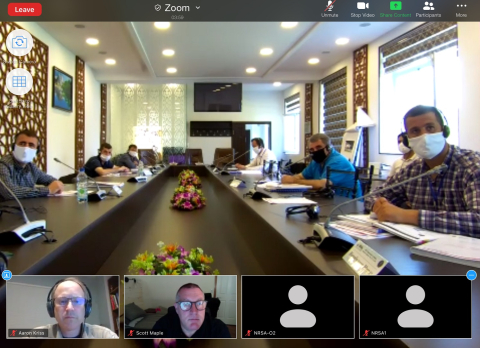
The Office of Nuclear Smuggling Detection and Deterrence (NSDD) has adjusted the way it does business during the pandemic.
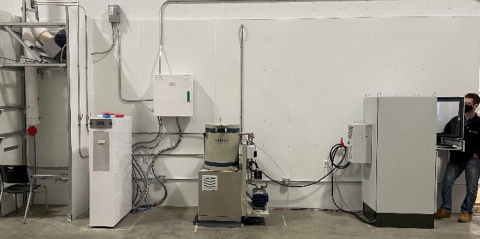
To help the international effort to monitor for clandestine nuclear tests, a stack monitor was installed at a domestic molybdenum-99 producer to help experts understand how the medical isotope maker's emissions differ from those from an atomic blast.

